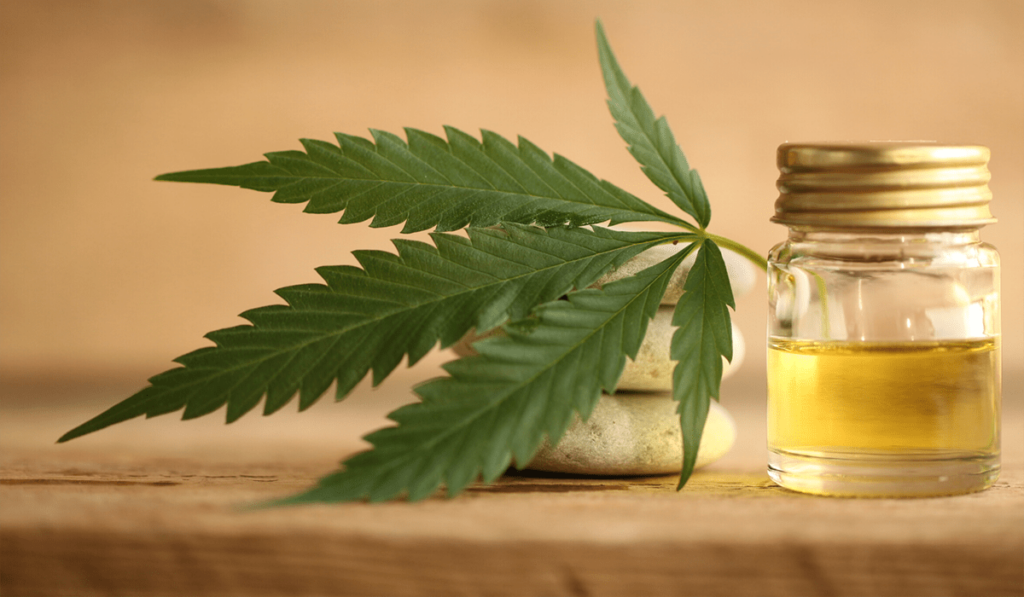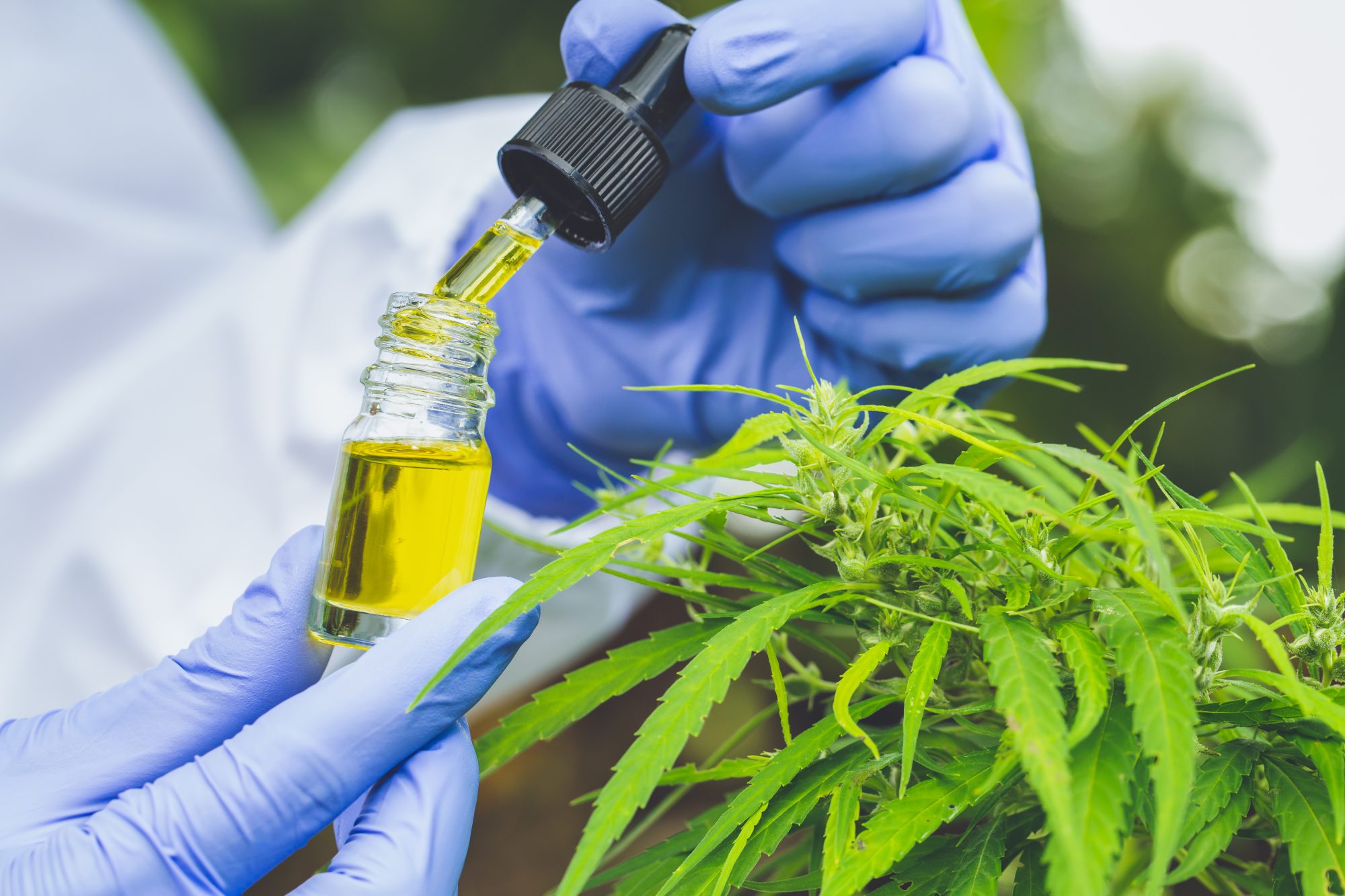There has been a huge serge of interest in CBD over the past year. It’s showing up everywhere- in your coffee, skincare products, and more. Everyone seems to be jumping on the CBD bandwagon. Recognizing CBD as the non-intoxicant compound in cannabis, many are its finding therapeutic properties. There are also lots of misconceptions and fail beliefs about CBD. Let’s clear them up!
1. CBD is not psychoactive.
I hear this everywhere. It’s like a nail on a chalkboard. Awful. So let’s set the record straight. It’s very misleading to describe CBD as non-psychoactive. It’s non-psychoactive like THC but there are still psychoactive effects of medical cannabis treatment. While CBD won’t make its user feel “stoned,” it can effectively provide a psychoactive energizing, calming or sedative effect depending on its dose and terpene profile.
2. Psychoactivity is an adverse side effect.
Many are reaching for CBD because it doesn’t get you “high.” In truth, the euphoric nature of the plants provides relief of symptoms for numerous health conditions. CBD and other cannabis medicines often provide a mild euphoric effect. And it’s way better than big pharma’s drowsy medications.
3. CBD is the good cannabinoid / THC is the bad cannabinoid.
This may seem to be true as many gravitate toward CBD because it is not an intoxicant. However, there are many benefits to be gained from the whole plant.
4. CBD is most effective without THC.
What’s peanut butter without jelly? Some may prefer it but really they are best together. That’s the same with CBD and THC. They provide a synergetic effect that works best together. to manage into-inflammatory and neuropathic pain.
5. Isolate CBD is better than whole plant medicinals.
Cannabis contains several hundred compounds. Cannabinoids, flavonoids, and terpenes all provide specific healing qualities. Their therapeutic impact combined creates the entourage effect for optimal whole plant use.

6. CBD is medical. THC is recreational.
Nope. This is just wrong. It’s been proven that CBD and THC have medicinal qualities. Both of them. I think because cannabis still carries a stigma from its long history of carefully orchestrated propaganda against its use and it’s known to create a “high” effect, some fear what they think they know about THC. However, THC is proving to have medicinal qualities as well as CBD.
7. High doses of CBD work better than low doses.
Dosing can be very confusing at first. So lemme help you out… It’s important to know that cannabis has biphasic properties; low and high doses can produce opposite effects. Therefore you may be better off with a moderate dose as an excessive amount may be less therapeutically effective. Both clinicians and patients have reported a low dose that works for them is 2.5 mg CBD or 2.5 mg THC. Please remember: Cannabis affects everyone differently. So take your time and find your dose.
8. CBD stops working.
My doctor recently told me this is what she hears most about CBD Oil. However, it’s simply not true. Most people experimenting with CBD aren’t aware of how to dose their use and likely aren’t benefiting from the entourage effect. If CBD hasn’t stopped working for you, make sure you have the best product for your use and that you’re using it effectively.
9. Marijuana prohibition doesn’t include CBD.
Many CBD creators claim their products are legal as long it contains less than 0.3 percent THC. Unfortunately, it’s not that simple. While cannabis legalization laws vary from state-to-state, federal law prohibits growing hemp as a commercial crop in the US. However, US federal law permits the sale of imported low-THC hemp products as long as they are derived from the seed or stalk of the plant, and not the leaves or flowers. Cannabidiol cannot be extracted from the seed or stalk of the plant. Well, maybe a minor bit from the stalk but not the dose your liking looking for. Check out the laws in your state and know what you’re buying.
10. It doesn’t matter where CBD comes from.
Yes, it does. Hemp typically yields less cannabidiol than cannabis. While many believe that the flower tops and leaves of hemp are the most viable source of CBD, it takes a huge amount of hemp to extract a small amount of CBD. That raises the level of toxic contaminants. It also then lacks medicinal terpenes and secondary cannabinoids found in cannabis strains.
11. Legalizing CBD but not cannabis is a better option.
Little by little. One day at a time. One step before the other. Progress is progress. So we’ll take it. But the best option is whole plant wellness. Be sure to support legalization efforts and #smokethevote.
More to read:
The Three Types of Cannabis Strains: Indica, Sativa & Hybrid
